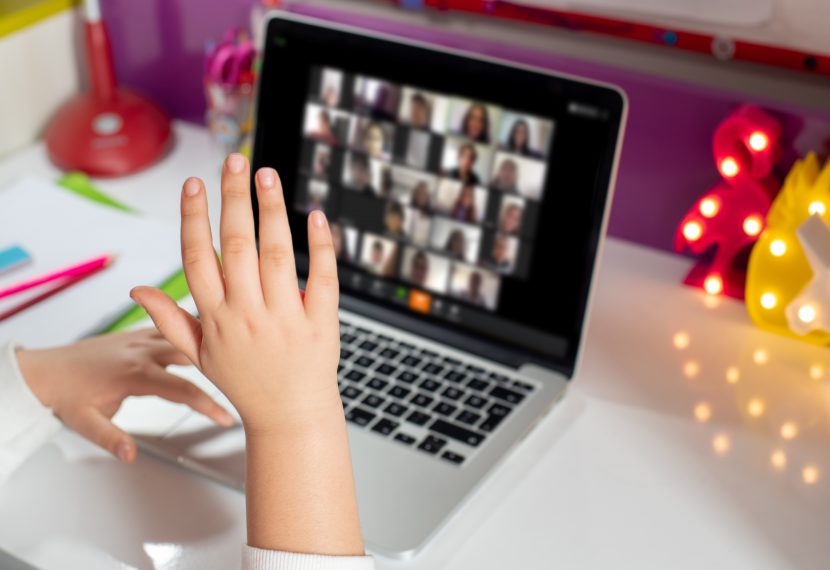On March 1, 2021, the Human Rights Council’s (HRC) annual full-day meeting on the rights of the child (ADRC) took place. This year’s Annual Day focused on the theme ”The rights of the child and the Sustainable Development Goals”. Humanium, together with other NGOs, delivered a joint statement emphasizing the need to protect, invest in and empower children, as the most guaranteed way to accelerate global development.
The Realization of Children’s Rights and the SDGs
The main aim of the annual full-day meeting was to highlight how to implement the Sustainable Development Goals in a manner consistent with the rights of the child. In the opening statement of the annual full-day meeting on the rights of the child (ADRC), the United Nations High Commissioner for Human Rights, Michelle Bachelet said that “realizing the rights of children is a requisite to achieve the Sustainable Development Goals. There is no possible separation between the future of the world and that of its youngest generation”.
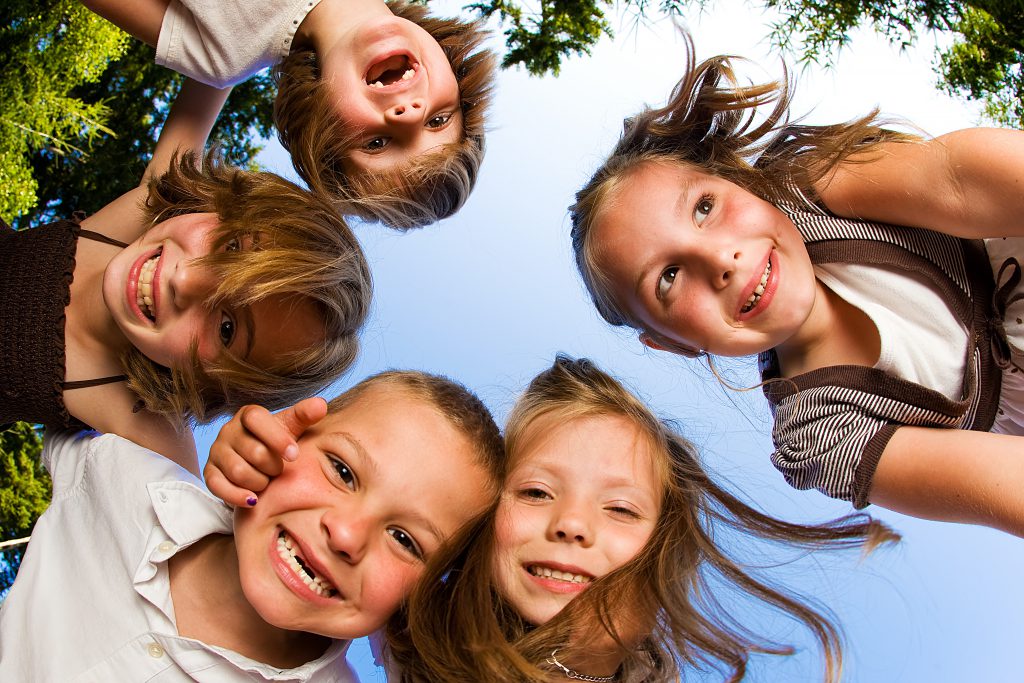
The Covid-19 pandemic has worsened children’s rights and has exposed the existing inequalities and discriminations. Indeed, during the day, several recommendations were made to provide strategies to reach the children who have been left behind and beyond the context of the Covid-19 pandemic, and focus on the integration of a gender perspective.
The Recovery from Covid-19
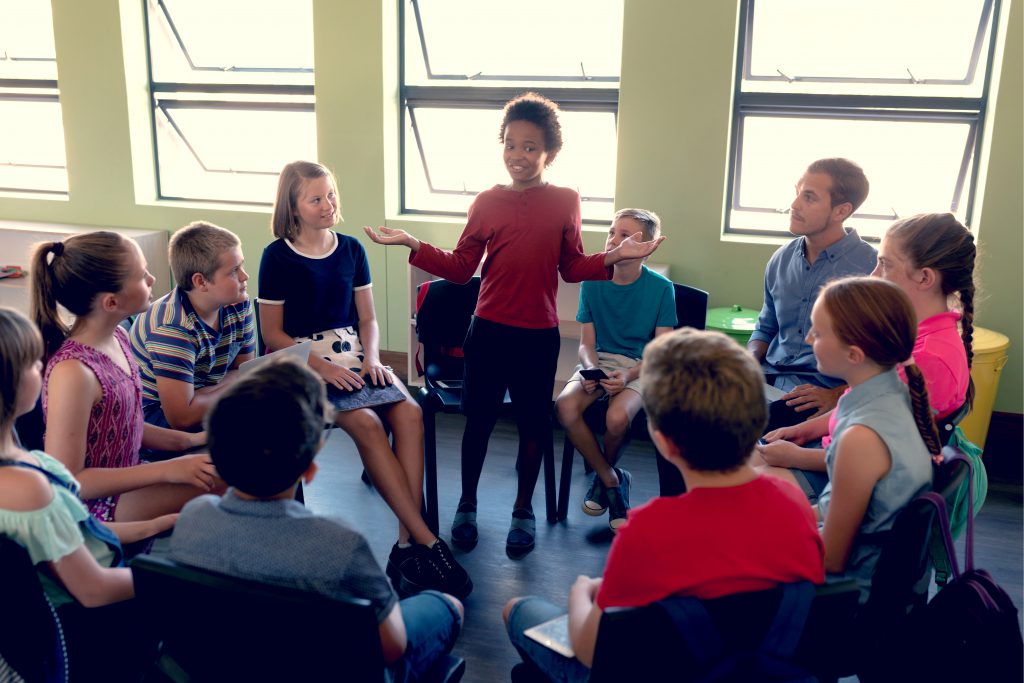
Humanium and a group of co-signatory NGOs presented a joint statement asserting that the recovery from Covid-19 must be rooted in intergenerational justice and accountability aimed at future generations. In particular, Humanium and the group of NGOs urged the UN Member States to firmly ground the SDGs implementation in international children’s rights law and standards; to promote a holistic approach to the 2030 Agenda that leaves no one behind; to ensure an enabling civic space for children by strengthening the frameworks and creating safe online and offline spaces for children’s participation in decision-making; to accelerate progress and investment in education and social protection schemes for children, as critical enablers for achieving other SDGs; to support the formal recognition of the right to a safe, clean and healthy environment.
Apart from that, during this Annual Day, a statement on behalf of the European Union was delivered, which focused on existing gaps and barriers that were affecting children even before the pandemic. Moreover, they provided insightful suggestions on how to overcome them, including a robust data monitoring and collection to help identify exclusion and intersecting forms of discrimination. They also suggested an impact assessment of the rights of the child and promotion of children’s voices in decision-making, as well as agencies that protect children’s rights.
The Importance of Child Participation
The special novelty of this year was the fact that the UN Human Rights Office collaborated with the Child Rights Connect Taskforce on SDGs to ensure child participation. Indeed, in order to create a space for an inter-generational dialogue with children and obtain children’s inputs and experiences on their own rights and the SDGs, 17 consultations with children took place before the ADRC all around the world. During the Annual Day, two of the children who took part at the consultations participated as panelists and it was a landmark moment because, for the first time, children took the floor as civil society representatives.
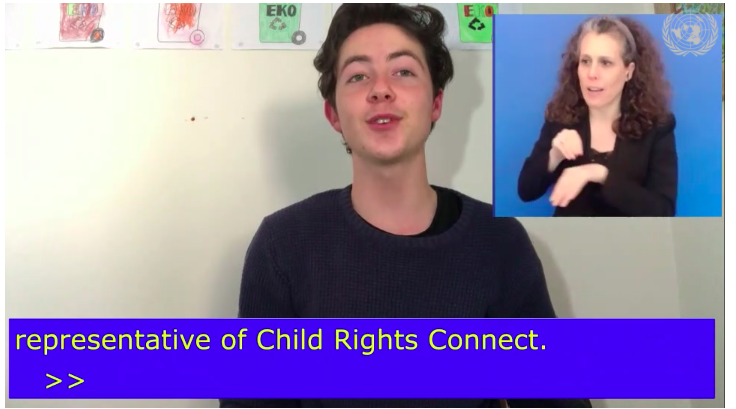
A 17-year-old child-rights activist from South Africa, delivered a joint statement as a child-advisor representing Child Rights Connect and focused on the need to create a world where all children would have effective quality education, a world free of pollution and climate change, a world with a constant participation of children in the decision-making process and in the working towards the SDGs.
Child participation has been the focus of this ADRC and several NGOs affirmed their commitment to this important goal. For example, the Edmund Rice International (ERI) NGO has empowered the voices of 120.000 children across India through the children’s Parliament. They have designed SDG 18 in which they call on the rights of children to participate towards the realization of the global agenda.
Child participation is crucial because by including children’s voices in the decision-making process it is possible to assess their needs and better evaluate mechanisms to enable them. As Michelle Bachelet said, with regard to child participation: “It is time to heed their call. To give them their seat at the table. It is time we look to them not only for inspiration, but for leadership. Their passion and action in defending their rights – and the rights of us all – makes me as humble as it makes me proud – but most of all, it brings me a sense of responsibility.”
Humanium’s Voice for Children
Humanium is committed to work towards a global development that comes hand by hand with children’s rights. It is not possible to imagine a sustainable future without the empowerment of the rights of present and future generations and, for this reason, Humanium is actively working on projects aimed at protecting their rights.
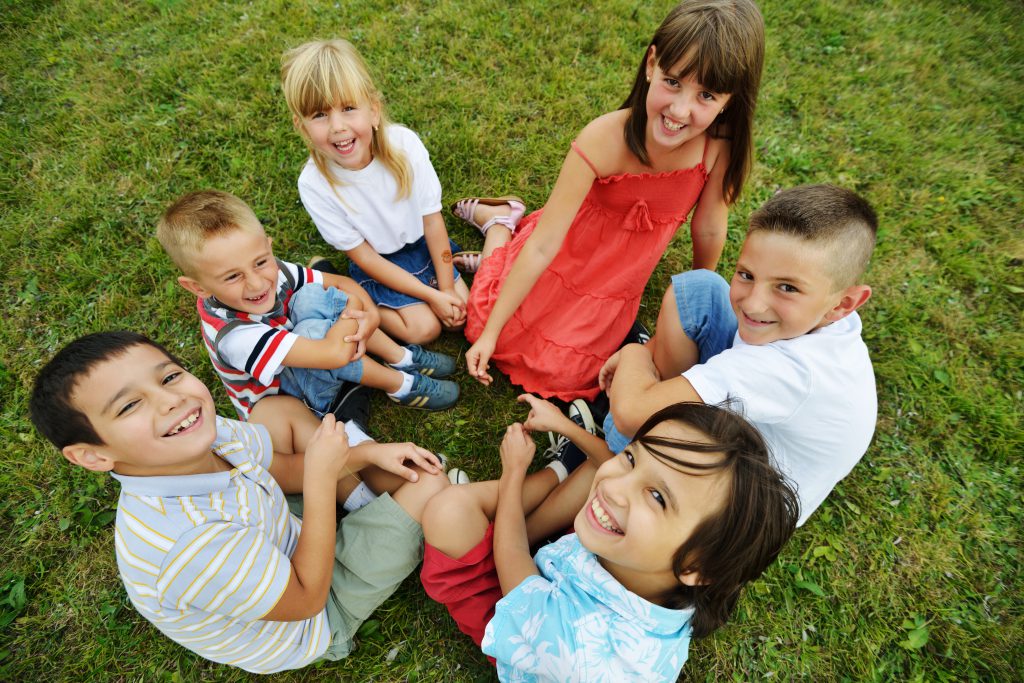
Humanium, indeed, has submitted a proposal to the United Nations for the General Comment on Children’s Rights in relation to the Digital Environment, has joined a Global Call for the Right to a Healthy Environment, has signed a Joint Statement to the United Nations Human Rights Council (HRC) on the Situation of Children in Armed Conflict. Apart from its numerous projects, Humanium has also delivered two child-rights coaching workshops, has attended several webinars with members of the Committee on the Rights of the Child (CRC) and has met also with Virginia Gamba, UN Representative for Children and Armed Conflict, all with the hope and desire to empower children’s right worldwide. If you would like to support Humanium in its work, please consider becoming a member, sponsoring a child or making a donation.
Written by Federica Versea

